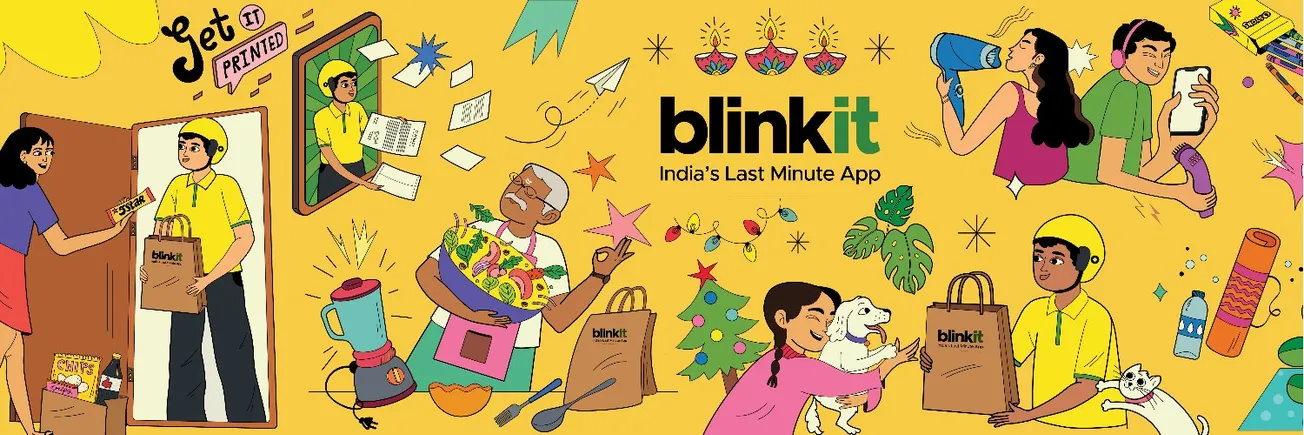Table of Contents
On October 4th, TikTok halted its online operation in Indonesia after the Indonesian government banned e-Commerce transactions on social media platforms. On Sept. 28th the Indonesian government announced this new regulation to protect small business from e-commerce penetration and accusing the popular ecommerce apps and website of predatory pricing.
The regulation also requires e-commerce platforms in Indonesia to set a minimum price of $100 for certain goods that are directly purchased from abroad.
Indonesia’s Trade Minister Zulkifli Hasan said the ban aims to “prevent the domination of the algorithm and prevent the use of personal data in business interests” and “create a fair, healthy and beneficial electronic commerce ecosystem,” according to a statement released by the Trade Ministry when the ban was announced. It said marketplaces and sellers can only offer or promote goods and services.
According to Google e-eConomy SEA Report, the Indonesian eCommerce market was worth $59 billion in 2022, an increase of 22% from the previous year.
Social commerce can place ads like TV, but it mustn’t be transactional, they can’t directly sell,” said Indonesia’s Trade Minister Zulkifli Hasan.
Southeast Asia, a region with a population of over 675 million, is a major market for TikTok, with more than 325 million monthly active users. TikTok Shop had a market share of 12-15% in Indonesia.
What it Means
- Digital platforms may need to choose between focusing on social media or eCommerce, as they can't be all things to all people.
- Due to concerns about the influence of TikTok in retail, regulators may try to limit the app's impact on the market.
- TikTok is already banned in India and lawmakers in the US and Europe are also raising questions about the company in these markets. The cause of these kind of regulations may be the growing influence of TikTok but it will impact the whole sector of social commerce and video commerce.
- This also means that TikTok needs to TikTok Shop might need to apply for separate permits to operate. TikTok Shop must demonstrate that its e-commerce business is separate from its social media arm, with no shared data or financial support. This may require separate funding sources for its e-commerce business, as it can no longer rely on advertising revenue from its social media app. The whole experience of impulse purchase while watching the video is broken if there is a separate application for retail.
The impact of this ban will be significant for the small businesses and individual sellers who relied on TikTok Shop as a sales channel. They will now have to find alternative ways to reach their customers, which may be more costly or time-consuming. This may also have a negative impact on the overall e-commerce market in Indonesia, which has been growing rapidly in recent years.









